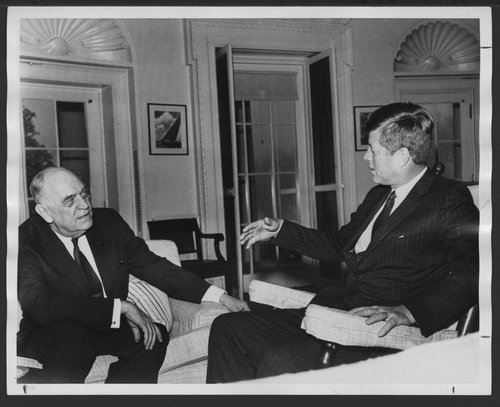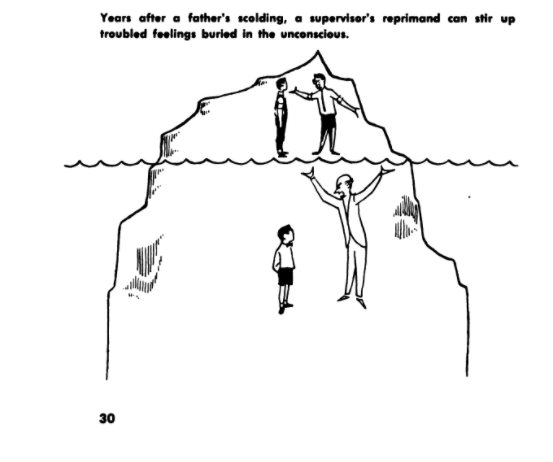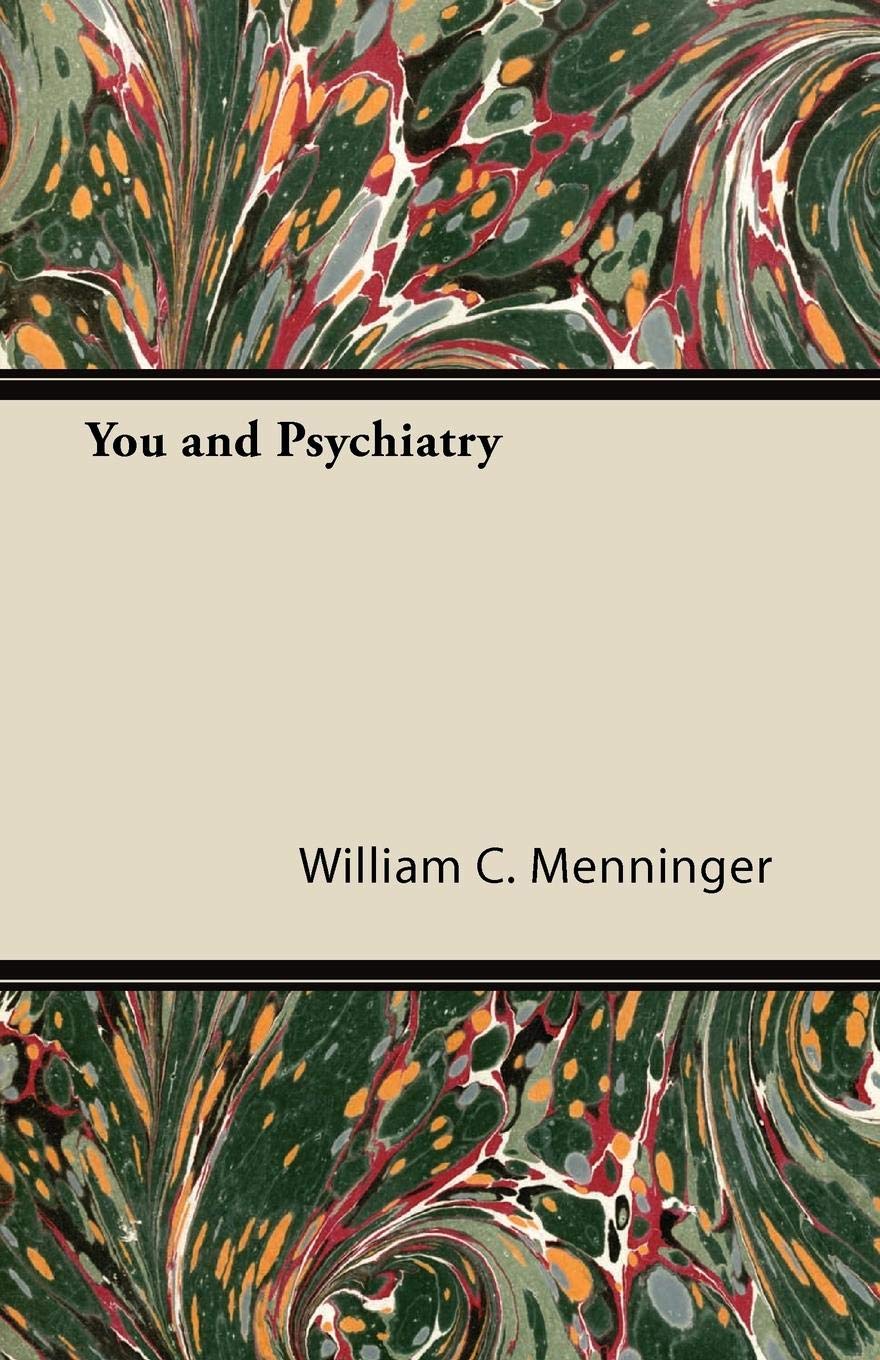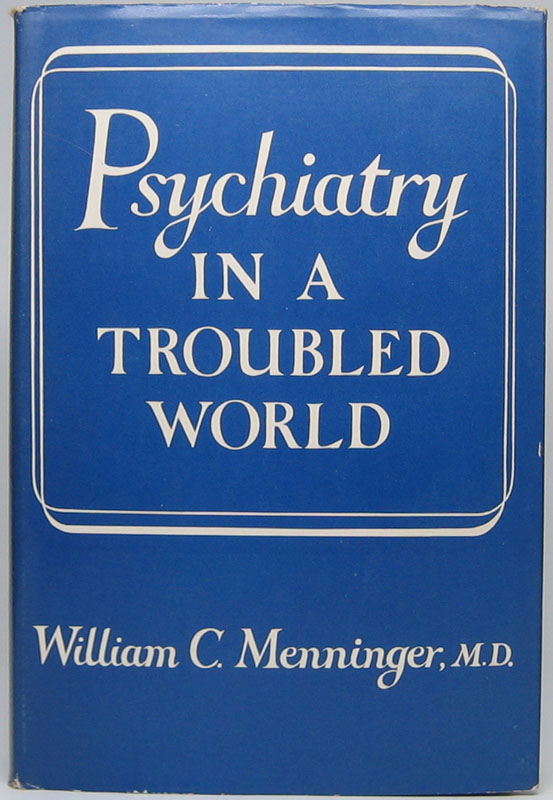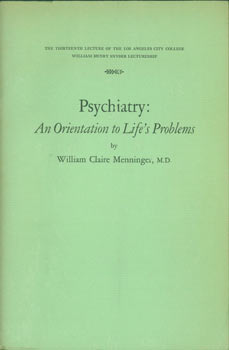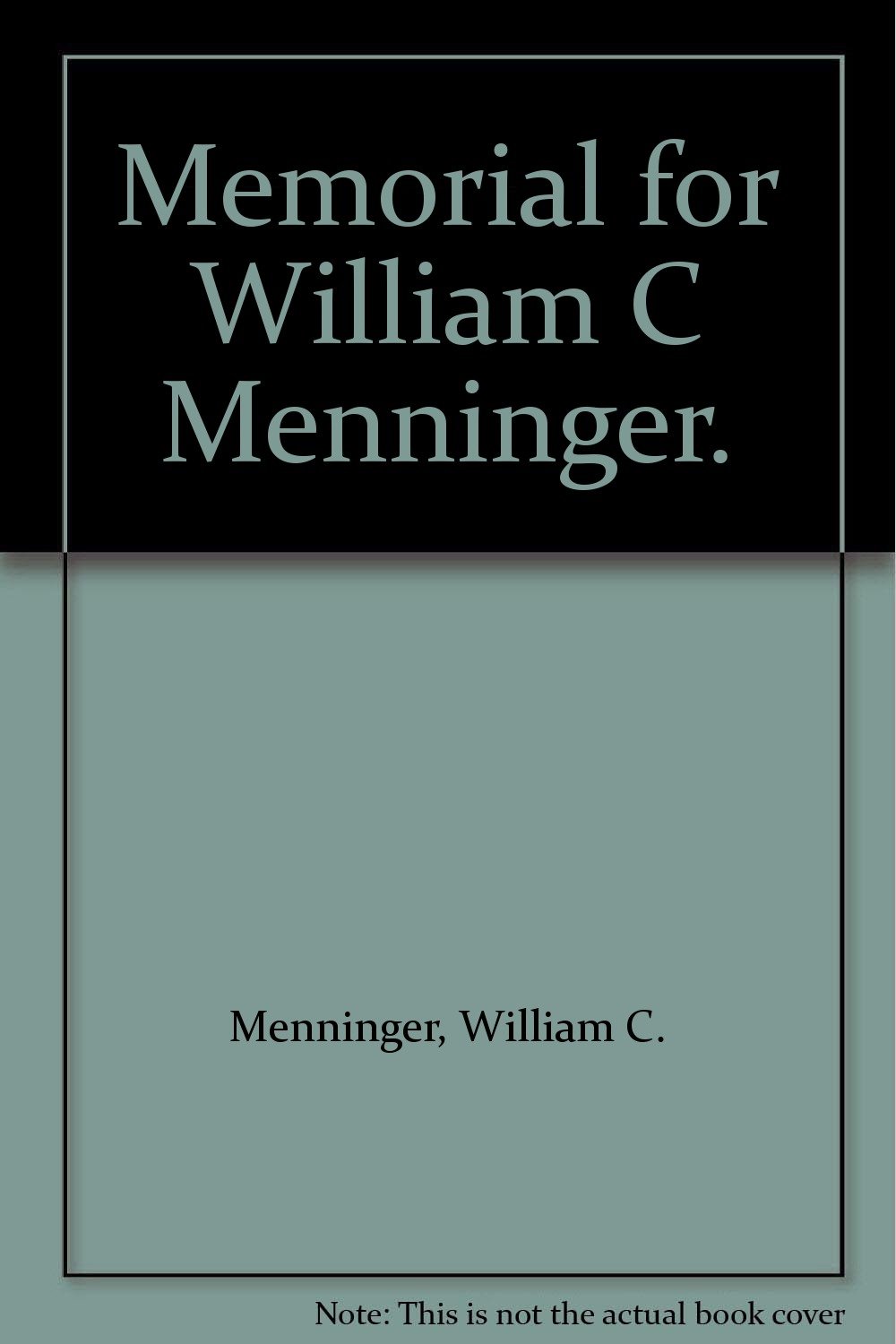Menninger's greatest legacy and contribution to the field of psychiatry came in the form of two books, You and Psychiatry and Human Understanding in Industry; a Guide for Supervisors.
In 1948, You and Psychiatry, was written to educate people about what goes on inside their head and makes each person unique along with the fundamentals of living which are not taken care of by physical objects. He acknowledges that all people have moments where "we don't quite understand ourselves" and his book is an introspective look into humanity. With this book, William C. Menninger humanizes and personalizes the field of psychiatry.
In 1956, William C. Menninger wrote his most accessible book, Human Understanding in Industry; a Guide for Supervisors. Within the pages of this short book, Menninger breaks down complex psychiatric principles and diagnoses into easily understood concepts that the average person could access. In addition to his explanations, this book included drawings such as the one below to make these concepts comprehensible. He went on to write multiple books not only about psychoanalysis and PTSD, but about how psychiatry is everywhere and how the brain affects how each person interacts with their neighbors and in the workplace.
